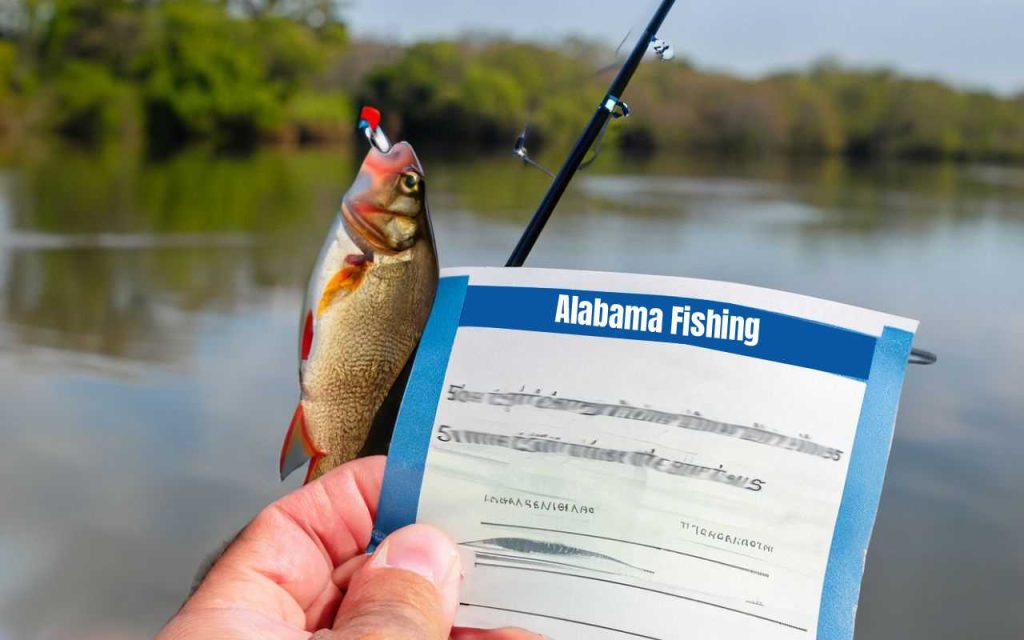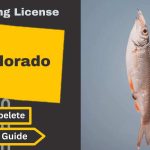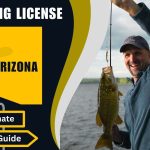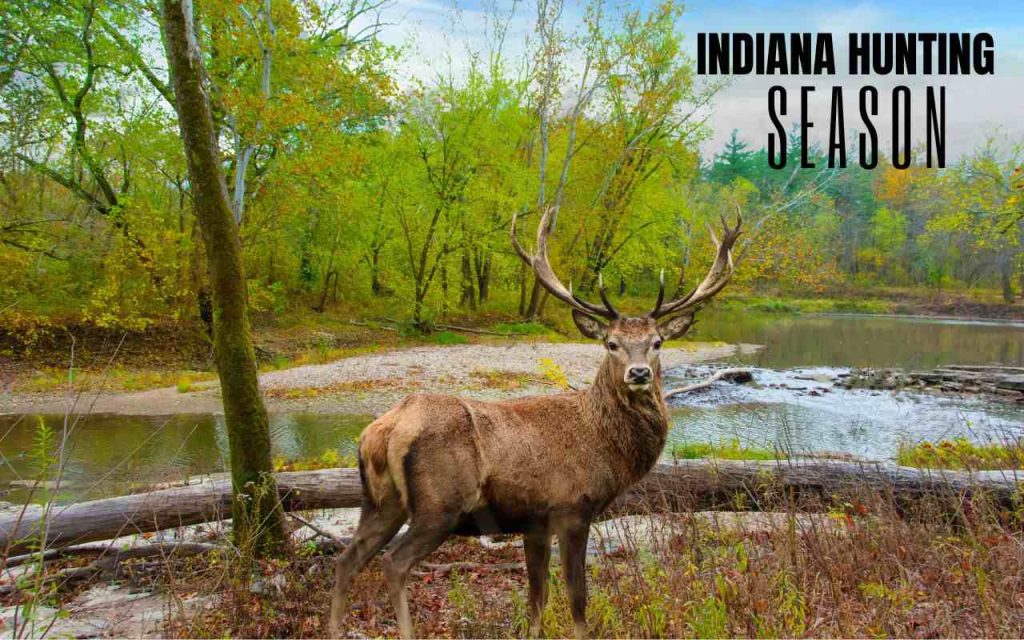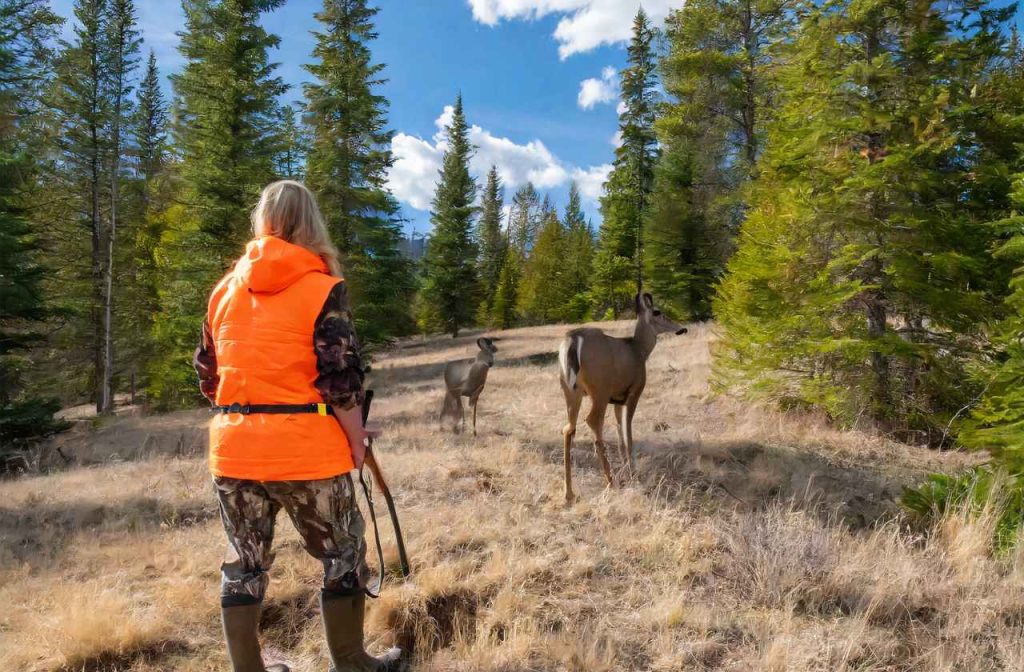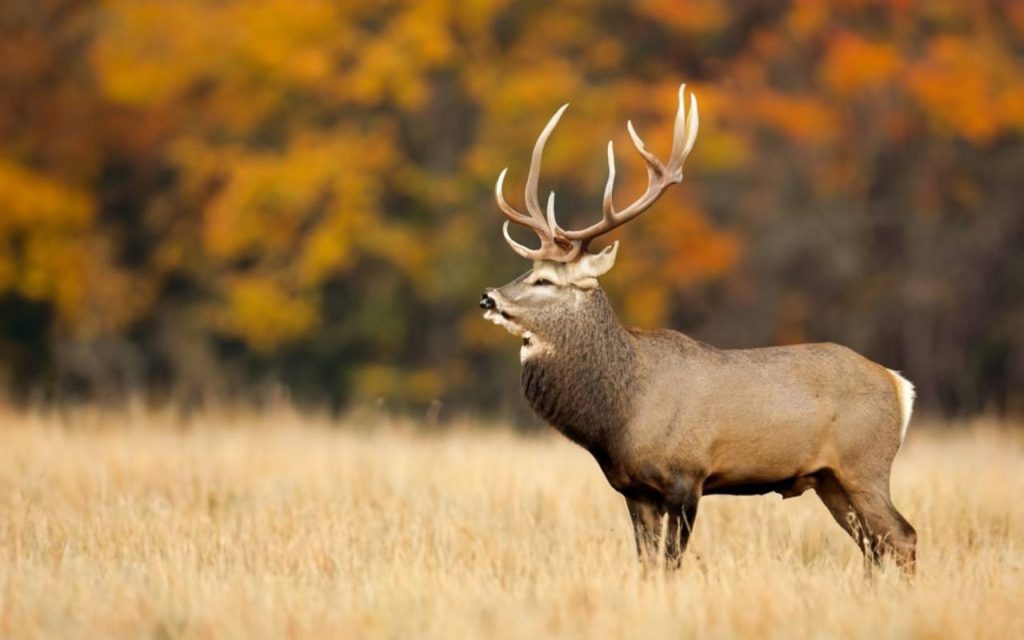Alabama’s waterways provide a variety of fish to catch across the state’s vast freshwater and saltwater ecosystems, attracting anglers. Anglers must understand state licensing laws to enjoy this activity. Understanding permits, exemptions, and laws for freshwater and saltwater fishing is crucial. This page covers Alabama fishing licenses, exemptions, temporary licenses, and crucial information for aquatic adventurers.
Understanding Alabama Fishing License
Most types of recreational fishing in Alabama need a fishing license for those who are 16 years of age or older. The Alabama Department of Conservation and Natural Resources (DCNR) requires and controls fishing licenses.
Requirements & Options
- Age: you must be 16 years of age or older
- Residency: Alabama residency is required in order to obtain an annual resident fishing license. A non-resident license is also available for purchase.
- Fishing Type: Both freshwater and sea fishing need a separate license.
- Endorsements: If you want to fish for certain fish species, such striped bass or red snapper, you may need to get an endorsement.
Alabama does not need a recreational fishing license for the following groups:
- County banks in each county allow residents under the age of 16 to fish there for free using standard hook and line.
- Permits for both freshwater and saltwater, hunting licenses, WMA licenses, and state duck stamps are not required for residents 65 years of age and older. While fishing, you must have identification showing your address and age.
- Alabama citizens who are handicapped and disabled veterans (with at least a 20% disability) are eligible to purchase specialized licenses at a reduced price.
- Active duty military members who are home on leave are eligible to fish for free in both freshwater and saltwater with valid leave documentation.
Alabama Freshwater Fishing Licenses
Here are the freshwater fishing permits that Alabama citizens may purchase, along with their current prices:
Resident Freshwater Fishing Licenses
| License Type | Resident Fees |
|---|---|
| Freshwater Fishing | $16.15 |
| Optional 65+ Freshwater Fishing | $16.15 |
| Freshwater Public Fishing Lakes Daily License, **Applicable only to county public fishing lakes controlled by the state. (Not valid in major rivers and lakes.) | $7.30 |
| Wildlife Heritage License | $13.30 |
| Spearfishing | $6.00 |
| Wirebasket | Prices Vary (Wire Baskets can only be used in approved counties) |
| Optional Senior Lifetime Freshwater Fishing | $35.00 |
The benefits of the Wildlife Heritage License are included with the yearly resident freshwater fishing license. This gives license holders extra privileges including hunting small game (apart from ducks) and utilizing WMAs for outdoor enjoyment other than hunting.
Residents of Alabama may acquire lifetime freshwater fishing permits for prices ranging from $50 for those under the age of 1 to $135 for those 65 and over. For a one-time purchase of $35, Alabama also provides Senior Lifetime Licenses to persons 65 and older.
Nonresident Freshwater Fishing Licenses
| License Type | Nonresident Fees |
|---|---|
| Annual | |
| All States, except LA & MS (Special fees apply for residents of FL, GA, LA, MS, TN) | $62.20 |
| Louisiana | $70.45 |
| Mississippi | $67.25 |
| 7-Day Trip | $35.00 |
| Freshwater Fishing Family 3-day Trip | $35.00 |
| Non-Resident College Students | $16.15 |
| Freshwater Public Fishing Lakes License: | |
| Annual License (Valid in State-owned county Public Fishing Lakes) | $15.00 |
| Daily License (Not valid in major rivers and lakes) | $8.55 |
| Spearfishing Licenses: | |
| Annual | $8.50 |
| 7-Day Trip | $3.50 |
Disabled Fishing Licenses
| Disabled Licenese Type | Resident | Nonresident Fees |
|---|---|---|
| 100% Physically Disabled Resident Freshwater Fishing | $3.40 | N/A |
| Disabled Freshwater Fishing Military Veteran's Appr. | $3.50 | N/A |
| Disabled Freshwater Fishing 3-Day Event License | $100.00 | $100.00 |
Commercial Freshwater Fishing Licenses
| Residency | Price |
|---|---|
| Commercial Freshwater Fishing License: | |
| Resident | $119.00 |
| Non-Resident (The same as Alabama residents, plus issuance fee. (but not less than $119.00) | |
| Florida | $119.00 |
| Georgia | $216.00 |
| Louisiana | $541.00 |
| Mississippi | $205.29 + 32.29 per slat box |
| Missouri | $201.00 |
| Tennessee | $1,465.00 |
| Nongame Freshwater Fish Dealer License: | |
| Retail | $13.00 |
| Wholesale | $31.00 |
| Minnow and/or Live Fish Dealer License (Non-Resident only): | |
| Retail (Probate Offices issue licenses too) | $241.00 |
| Wholesale | $301.00 |
Saltwater Fishing Licenses
To fish for fun in Alabama’s marine waters from land or a boat, you need a saltwater fishing license. The possibilities and fees for a saltwater license are as follows:
Resident Saltwater Fishing Licenses
| License Type | Details | Cost |
|---|---|---|
| Annual Saltwater Fishing | For residents 16 years and older | $28.50 |
| Saltwater 7-Day Trip | Valid for 168 consecutive hours | $11.80 |
| Gulf Reef Fish Endorsement | Required to fish reef fish species | $10.00 |
| Disabled Saltwater Fishing | For totally disabled residents with permanent disability benefits | $3.40 |
| Disabled Veterans Saltwater Fishing | For resident veterans with 20% or more disability | $3.50 |
Annual and seven-day saltwater fishing permits for non-residents vary in price from $33.75 to $61.35. All fishermen 16 years of age and older who want to pursue controlled reef fish species must purchase a $10 Gulf Reef Fish Endorsement.
Where to Buy an Alabama Fishing License?

Visit MyOutdoorAlabama.com website for Alabama hunting and fishing licenses. Logging in lets you buy licenses, reprint them, increase rights during the season, change your information, and set up autorenewal for the next year.
All recreational permits expire on August 31 each year. Visit a License Agent with your driver’s license (if you’re 16 or older) to get hunting and fishing permits in person. Residency Information is for non-drivers.
In-person purchases of licenses are also possible at several licensing sellers around the state, including:
- Some Walmart locations;
- Some bait and tackle stores;
- Local Probate Office / License Commissioner;
- WFF District Offices
To locate a license provider close to you, go to the License Agent.
Seasons and Limits
| Species | Limit |
|---|---|
| Black Bass | 10 |
| Walleye | 2 |
| Sauger | 5 |
| White Bass | 15 |
| Yellow Bass | 15 |
| Saltwater Striped Bass | 15 |
| Crappie | 30 |
| Yellow Perch | No Limit |
| Catfish (under 34 inches) | No Limit |
| Catfish (over 34 inches) | 1 |
| Bream | 50 |
| Rainbow Trout | 5 |
| Alligator Gar | 1 |
| Sturgeon | Closed Season |
| Paddlefish or Spoonbill | Closed Season |
| Skipjack Herring | 100 |
Size Limits
| Location | Species | Size Limit | Additional Notes |
|---|---|---|---|
| Chattahoochee River Tributaries | Shoal Bass | Not allowed to possess in specified creeks | |
| Chattahoochee River & Impoundments | Saltwater Striped Bass | Special creel limits apply | Refer to regulation 220-2-.122 for details. |
| Guntersville Reservoir | Largemouth & Smallmouth Bass | Minimum 15 inches | |
| Harris Reservoir | Largemouth Bass | 13 to 16 inches | |
| Lake Jackson at Florala | Black Bass | Creel limit: 5 > 12 inches, 1 > 22 inches | |
| Inland Reservoir | Saltwater Striped Bass | Max. 2 > 22 inches, 1 > 30 inches | |
| Lewis Smith Reservoir | Black Bass | 13 to 15 inches | |
| Lewis Smith Reservoir | Saltwater Striped Bass | Max. 2 > 22 inches | Intentional culling not allowed from June 15th to October 15th. |
| Little Bear Creek Reservoir | Largemouth Bass | 13 to 16 inches | |
| Lake Martin | Saltwater Striped Bass | Max. 2 > 22 inches | Intentional culling not allowed from June 15th to October 15th. |
| Pickwick Reservoir | Smallmouth & Largemouth Bass | Minimum 15 inches | |
| Thurlow Reservoir | Saltwater Striped Bass | Max. 2 > 22 inches, 1 > 30 inches | |
| Walter F. George Reservoir | Largemouth Bass | Minimum 14 inches | |
| Weiss Reservoir | Crappie | Minimum 10 inches | |
| West Point Reservoir | Largemouth Bass | Minimum 14 inches | |
| Wheeler Reservoir | Smallmouth Bass | Minimum 15 inches | |
| Wilson Reservoir | Smallmouth Bass | Minimum 15 inches | |
| Yates Reservoir | Saltwater Striped Bass | Max. 2 > 22 inches, 1 > 30 inches |
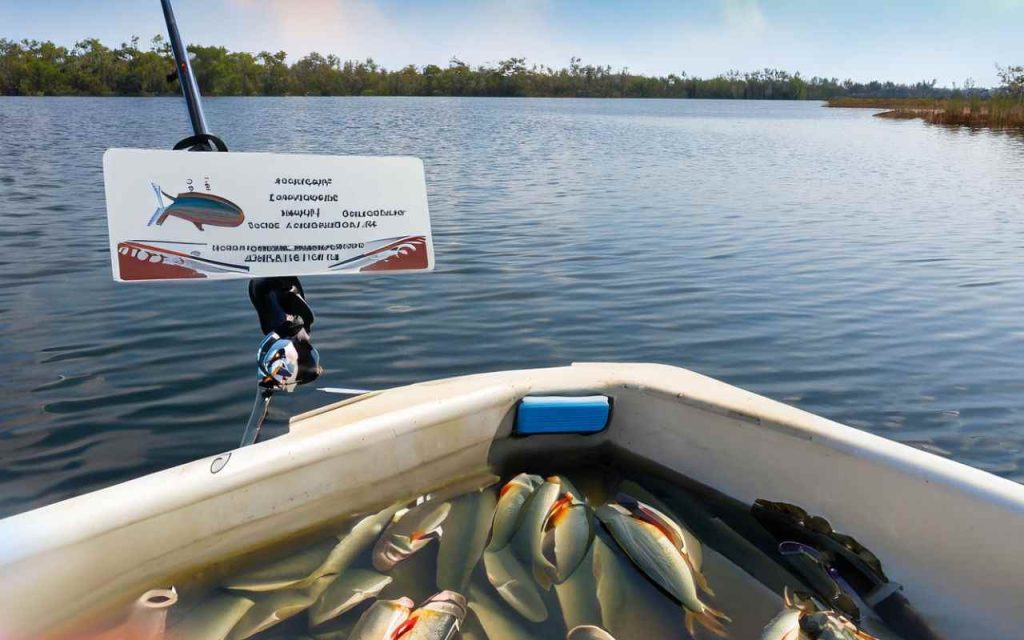
Regulations
- Seasons: You may go fishing all year long in public lakes, ponds, and streams. Specific limitations could apply to some Public Lakes (PFLs) controlled by the state.
- Daily Limits: It is prohibited to possess more than the stated daily limit of any fish species. Fish retained alive for release after a fishing competition are an exception.
- Size limitations: Fish must adhere to the rules’ size limitations. The entire length from mouth to tail, both closed, is used to calculate size.
- Transport Restrictions: No species of fish may be transported over state lines in excess of the permitted daily creel limit.
- Permission from Private Land: It is against the law to fish from Private Land in Public Waters. Private waterways must also get owner authorization before fishing there.
- Fish Preparation: It’s often against the law to fillet or de-head fish while you’re fishing. Fish can be gutted while still having their heads on, barring imminent eating.
- Live Bait: It’s against the law to import or transport live baitfish from Alabama’s waterways.
- Game fish are defined as species such as rainbow trout, several varieties of bass, sunfish, crappie, striped bass, perch, and more.
- Sale of Game Fish: With some restrictions, it is prohibited to sell or transport game fish obtained in state waters for commercial purposes.
- Approved methods for catching game fish include standard hook and line, lures, live bait, trolling, and spinners. Explosives and other techniques are forbidden.
- Rod Restrictions: With a few exceptions, most waterways permit numerous rods. For instance, there are rod restrictions at Weiss or Neely Henry Reservoir.
- Bream as Bait: Bream species may be used as bait provided they are lawfully captured by hook and line and do not exceed daily creel limitations.
- Spearfishing is permitted for non-game or commercial fish as long as the user is completely submerged and has a current license for both sport fishing and spearfishing.
- Fish snatching: The Chattahoochee and Tennessee Rivers, among other rivers and impoundments, prohibit fish snatching.
- Boating and Access Areas: Restrictions on activities like camping and littering as well as wearing life jackets close to dams are also part of this regulation.
Conclusion
Alabama provides excellent fishing options because to its vast river systems, reservoirs, Mobile Delta area, and Gulf of Mexico coastline. Visitors and locals may both take advantage of the wonderful fishing Alabama has to offer by getting the right permits, following the rules, and fishing responsibly.
- Indiana Hunting Season 2024 New Dates & Rules! - April 18, 2024
- Montana Hunting Seasons 2024-2025 New Dates & Regulations - April 5, 2024
- 2024-2025 Nebraska Hunting: New Dates & Bags & More! - April 3, 2024

